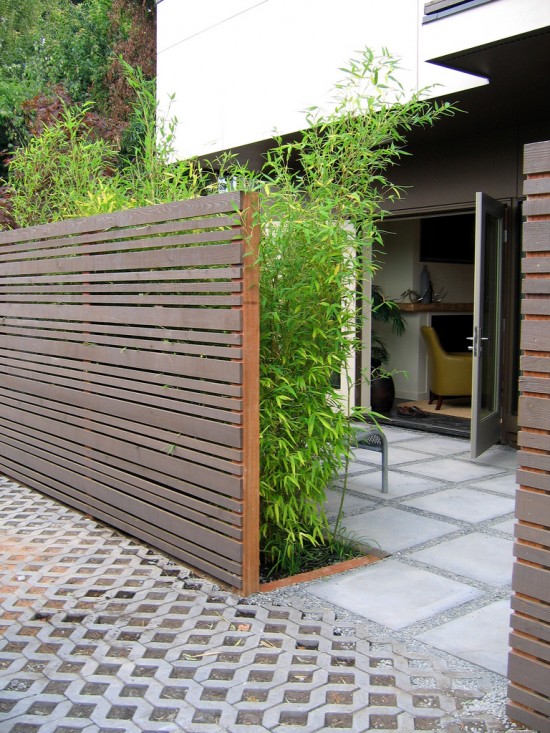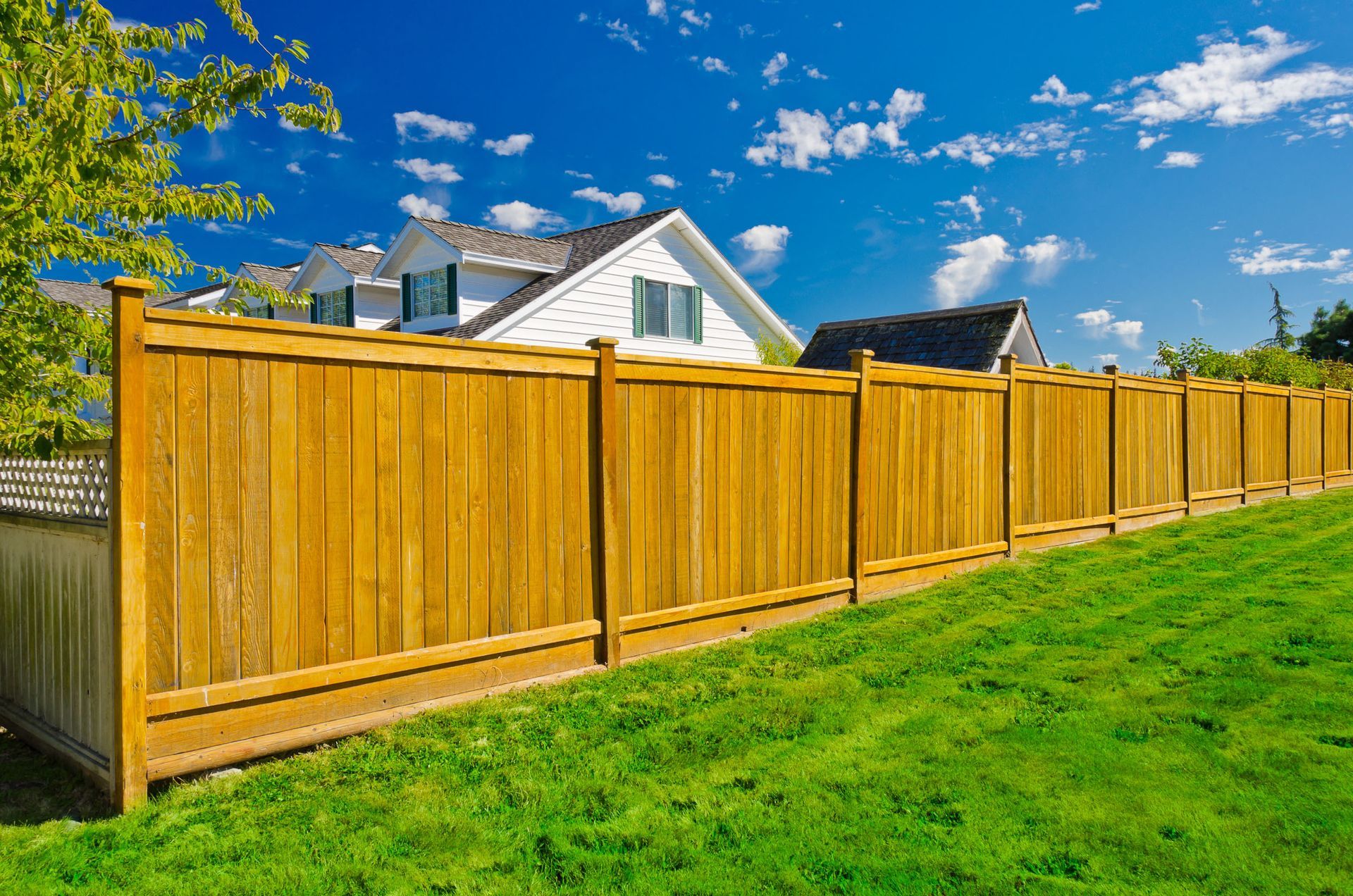All Categories
Featured

When setting up a fencing, selecting the appropriate material is crucial to balancing performance, appearances, and spending plan. Wood, plastic, and light weight aluminum are amongst one of the most commonly selected fence materials, each with its strengths and drawbacks. This overview discovers the benefits and drawbacks of these choices to aid you make an informed choice.

Timber Fence. Pros:. Natural Beauty: Wood's timeless charm can improve any kind of property with its cozy and timeless appearance. Personalized: You can repaint, stain, or sculpt wood to fit your style preferences. Budget friendly: Timber secure fencing is at first extra budget-friendly compared to some various other materials. Environmentally Friendly: As a renewable energy, wood is biodegradable and typically considered green. Disadvantages:. Maintenance-Intensive: Regular sealing, paint, or discoloration is needed to avoid damage from climate and bugs. Prone to Degeneration: Without appropriate care, wood can rot, warp, or fracture in time. Much shorter Life-span: Typically, timber fences last 10-15 years, relying on the kind of timber and maintenance. Timber is a terrific option for those who value looks and are ready to purchase routine upkeep to maintain its appearance and sturdiness.
Vinyl Secure Fencing. Pros:. Reduced Upkeep: Plastic calls for minimal care-- just occasional cleaning with soap and water. Weather Resistant: It doesn't warp, rot, or catch insect damage, making it extremely long lasting in various environments. Long life: Vinyl fences can last 20-30 years with little to no repairs. Style Variety: Available in a wide variety of designs, colors, and textures, including wood-like looks. Cons:. Greater First Cost: Plastic fences are much more costly ahead of time contrasted to timber. Susceptability to Cold: In incredibly winter, vinyl can become susceptible and breakable to cracking. Restricted Fixing Options: Matching replacement panels can be testing if damage takes place. Vinyl fencing is optimal for homeowners seeking a lasting, low-maintenance solution that offers modern versatility.

Light Weight Aluminum Fencing. Pros:. Rust-Proof: Light weight aluminum resists corrosion, making it a superb option for wet or humid settings. Durable: Despite being lightweight, aluminum is strong and can endure extreme climate condition. Low Maintenance: It needs marginal maintenance, typically only periodic cleansing. Long Lifespan: Aluminum fences can last decades without considerable degeneration. Classy Design: Typically utilized for decorative functions, light weight aluminum fencing includes a streamlined, advanced appearance to residential or commercial properties. Disadvantages:. High Initial Investment: Light weight aluminum fences are amongst the more expensive alternatives on the marketplace. Less Personal privacy: The open styles common with light weight aluminum secure fencing do not offer much personal privacy. At risk to Damage: While durable, aluminum can dent if hit with adequate force. Light weight aluminum is an outstanding option for homeowners focusing on looks and durability without requiring much upkeep.
Making Your Decision. When deciding between light weight aluminum, plastic, or wood fence, consider your concerns:
Wood matches those who appreciate an all-natural look and do not mind putting in upkeep initiative. Vinyl is the very best alternative for those looking for a low-maintenance, weather-resistant service. Aluminum uses sleek style and durable durability however may do not have personal privacy. By carefully evaluating these products' features, you can choose a fence that enhances your building while satisfying your functional and visual requirements.
Latest Posts
Don’t Miss Special Auto Repair Specials in Chicago at Montclare Auto Repair
Published May 25, 25
1 min read
Safeguard Your Investment with Professional Gutter Installment
Published May 22, 25
1 min read
Discover the Storied Past of Deauville Inn: From Speakeasy to Seafood Haven
Published May 20, 25
2 min read
More
Latest Posts
Don’t Miss Special Auto Repair Specials in Chicago at Montclare Auto Repair
Published May 25, 25
1 min read
Safeguard Your Investment with Professional Gutter Installment
Published May 22, 25
1 min read
Discover the Storied Past of Deauville Inn: From Speakeasy to Seafood Haven
Published May 20, 25
2 min read